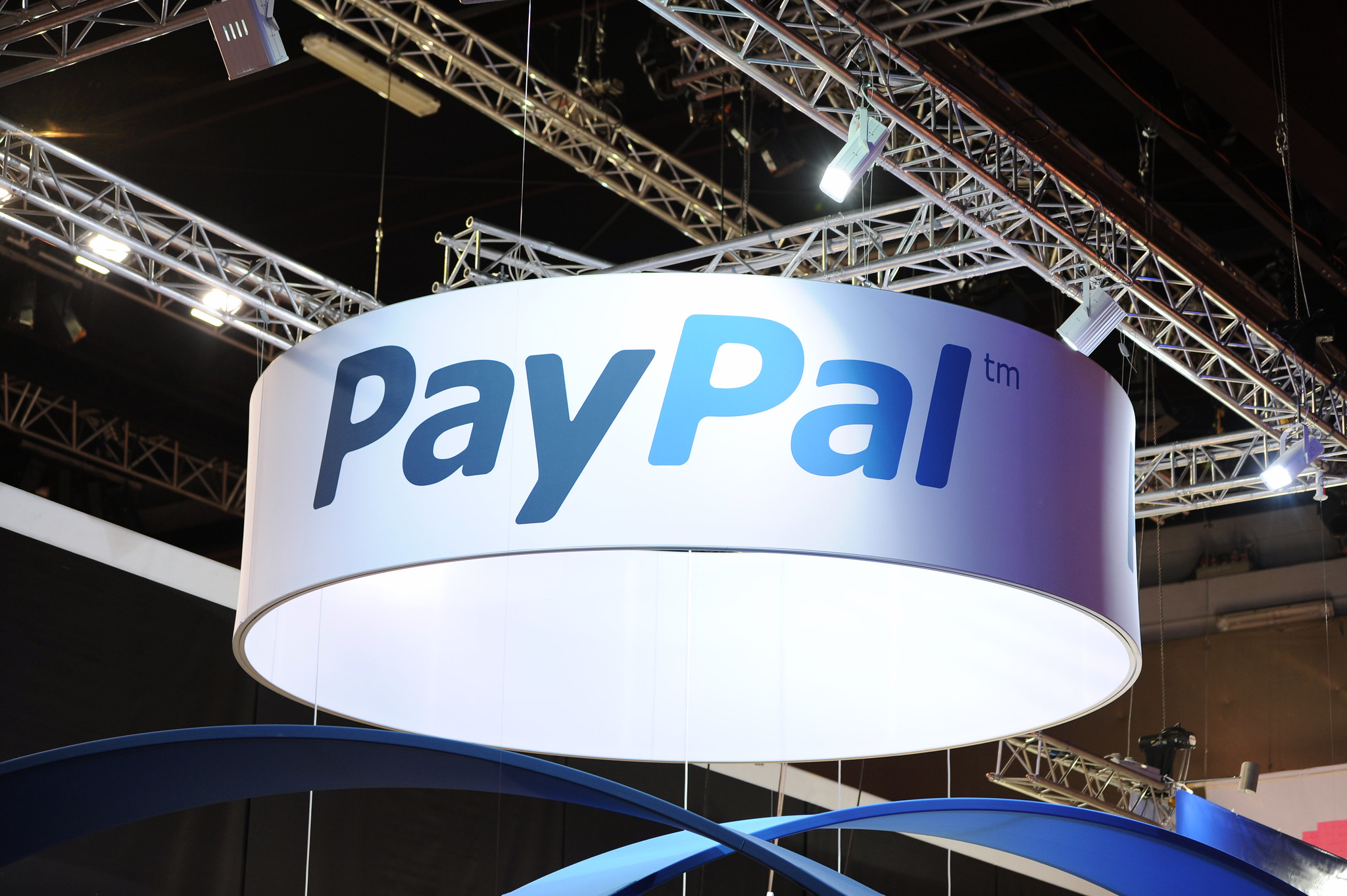
PayPal has strategically selected the Solana blockchain to broaden the utility of its stablecoin, PayPal USD (PYUSD), marking a significant expansion beyond its initial deployment on the Ethereum network. This move is aimed at leveraging Solana’s superior transaction capabilities to facilitate everyday financial transactions more efficiently.
Overview of PYUSD Expansion
On May 28, PayPal announced the integration of PYUSD onto the Solana blockchain. This integration is designed to capitalize on Solana’s high throughput and low transaction costs, thereby enhancing PYUSD’s functionality as a viable payment option for frequent, smaller transactions.
Solana boasts an impressive capability of processing up to 65,000 transactions per second at costs as low as $0.0025 each. This is a stark contrast to Ethereum’s capacity of 15 transactions per second, with variable fees ranging from $1 to $50 during peak times. Transactions that take minutes on Ethereum can be executed in under a minute on Solana, providing a quicker and more cost-effective alternative.
Jose Fernandez da Ponte, PayPal’s Senior Vice President of Blockchain, emphasized that incorporating PYUSD into the Solana ecosystem aligns with PayPal’s mission to foster a stable digital currency optimized for regular commerce and payments.
For PayPal and Venmo users, the expansion means a seamless financial experience where PYUSD balances remain consistent across different networks, simplifying the user interface and enhancing accessibility.
Market Dynamics and Adoption
Over the past year, Solana has emerged as the leading blockchain for stablecoin transactions, with a transfer volume totaling $1.5 trillion, significantly overshadowing Ethereum’s $885 billion. This shift underscores Solana’s growing dominance and reliability as a stablecoin platform.
Despite its advantages, Solana has experienced periodic network outages, the most recent of which occurred on February 9, disrupting transactions for nearly five hours. To combat these issues, Solana plans to launch an upgrade called Firedancer, aimed at enhancing the network’s reliability and scalability.
A stablecoin is a type of cryptocurrency that is pegged to a stable asset, typically a fiat currency like the U.S. dollar, to maintain a consistent value. PayPal’s PYUSD is backed by U.S. dollar deposits, short-term Treasurys, and cash equivalents, ensuring its stability and reliability as a digital currency.
Collaborative Foundations
In August 2023, PayPal launched PYUSD in collaboration with Paxos Trust Company, initially issuing it on Ethereum as an ERC-20 token. This partnership underscores a commitment to security and regulatory compliance in the digital currency space.
According to DefiLlama, Tether (USDT) currently holds nearly 70% of the stablecoin market with a capitalization of approximately $111 billion. In contrast, PYUSD holds a market valuation of $272.96 million, highlighting its emerging status in the competitive stablecoin market.
| Feature | Detail |
|---|---|
| Blockchain | Solana |
| Transaction Speed | Up to 65,000 per second |
| Transaction Cost | As low as $0.0025 |
| PYUSD Market Cap | $272.96 million |
| Comparative Volume | $1.5 trillion on Solana vs. $885 billion on Ethereum |
PayPal’s expansion of PYUSD onto the Solana blockchain represents a strategic move to enhance the scalability and efficiency of digital transactions. By leveraging Solana’s robust infrastructure, PayPal aims to make PYUSD a more attractive option for everyday transactions, thereby promoting broader adoption and integration into the digital economy.
Featured image credit: Official Leweb Photos via Flickr
